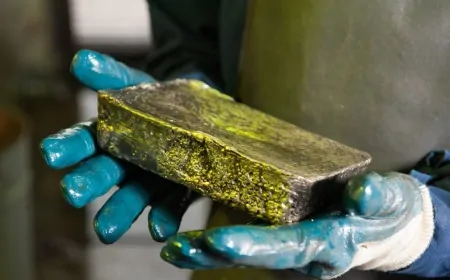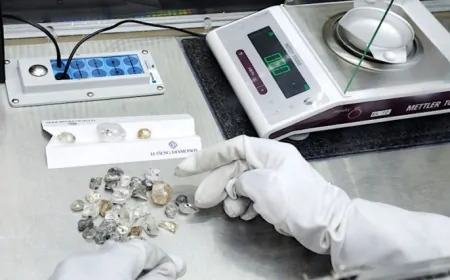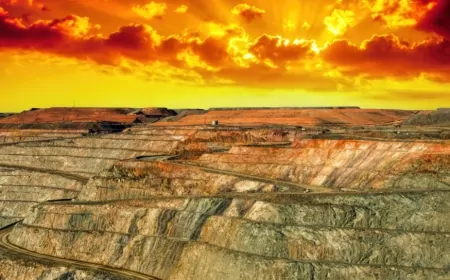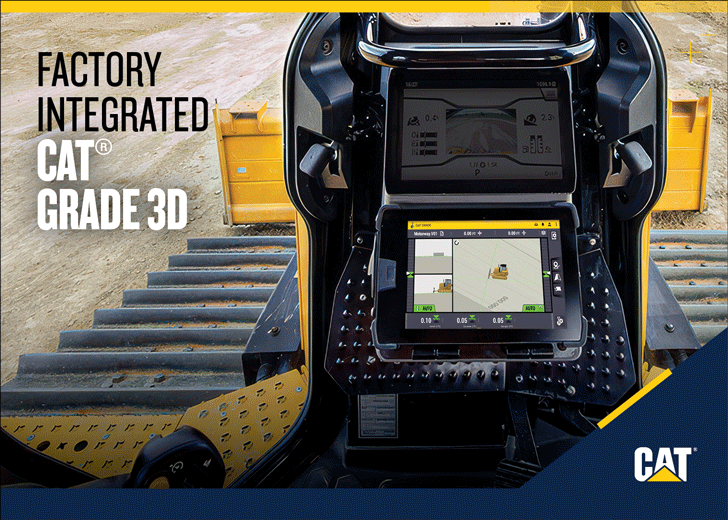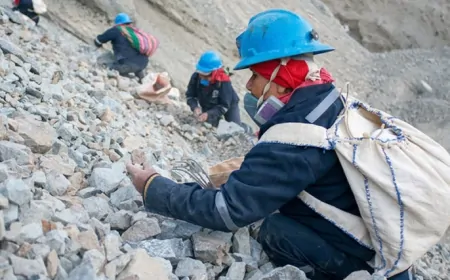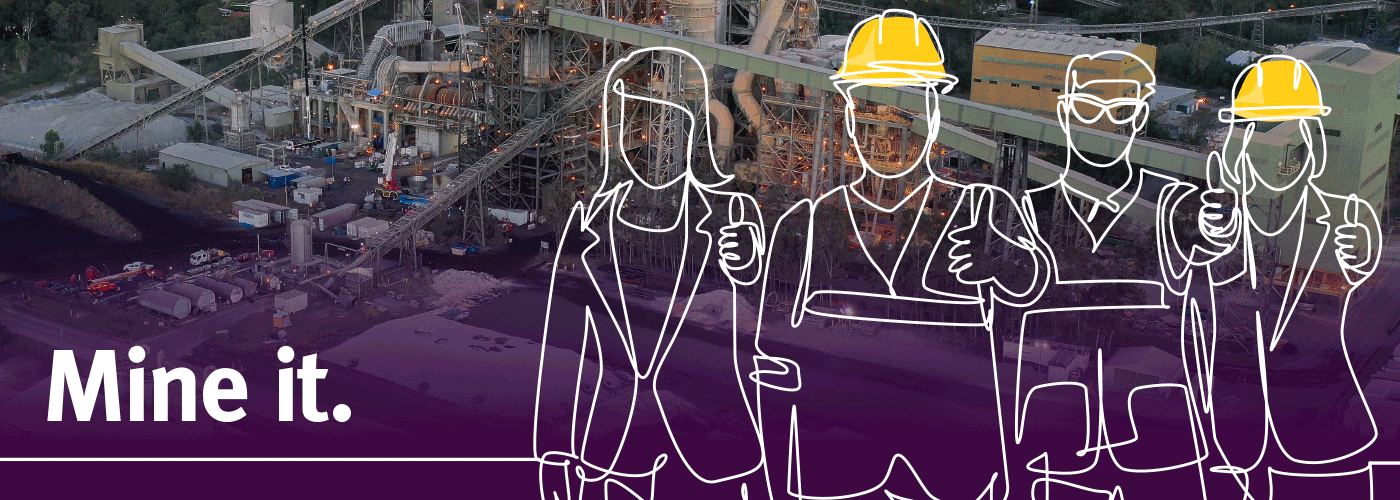Mali dispute crucial for African investment climate: Barrick CEO Bristow
Resolving an escalating dispute in Mali could significantly shape how investors view West Africa, Barrick Gold CEO Mark Bristow told Kitco Mining at the Future Minerals Forum in Riyadh, Saudi Arabia.
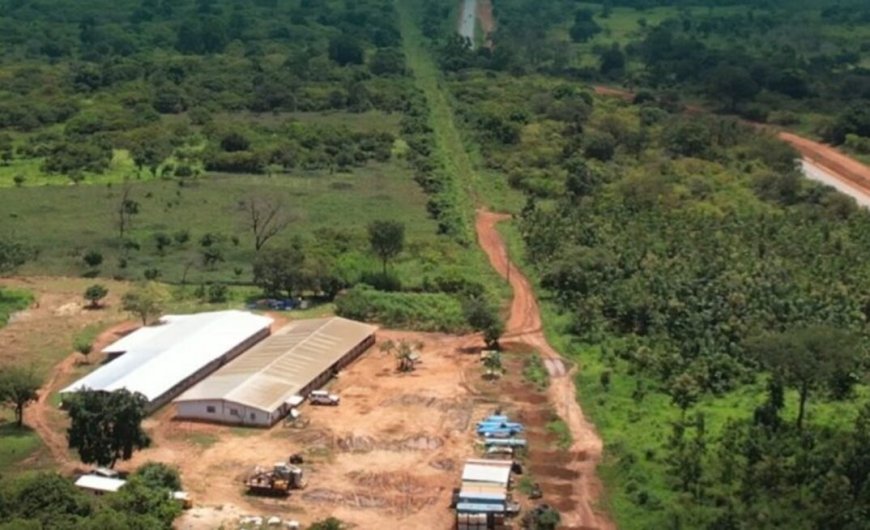
Resolving an escalating dispute in Mali could significantly shape how investors view West Africa, Barrick Gold CEO Mark Bristow told Kitco Mining at the Future Minerals Forum in Riyadh, Saudi Arabia.
The standoff between Barrick and the Malian government has intensified, with authorities accusing the company of owing more than $500 million in taxes—a claim Barrick denies. The government's actions have included detaining employees, issuing an arrest warrant for Bristow, restricting gold shipments from the Loulo-Gounkoto mining complex, and seizing gold worth approximately $245 million. These measures forced Barrick to temporarily suspend operations at the site earlier this week.
"This is a dynamic situation," Bristow told Kitco Mining. "We are very focused on finding a solution."
Mali has been central to Bristow's career, serving as a cornerstone for Randgold Resources, where he was CEO before its 2019 merger with Barrick.
Bristow expressed dismay over the current situation, emphasizing Mali's role in shaping his business legacy and the company's long-standing contribution to the country's economy.
"Mali is the very foundation of my business development," Bristow said. "We've had a strong relationship with the people and the many governments of Mali over time."
Broader Implications for Africa
Bristow warned that the Malian government's actions could create a perception of instability among global investors, potentially discouraging investment not only in Mali but across Africa.
"This is an important conversation for Africa," Bristow explained, indicating the misunderstandings can lead to perceptions that governments will strongarm companies to increase their share of revenues.
Drawing on his experience growing up in post-apartheid South Africa, Bristow emphasized the importance of dialogue and transparency in resolving disputes.
"Mali was historically a magnet for investment," he said. "The question is, how do we restore that? Transparency and open dialogue are key to fostering trust and creating an environment where everyone benefits."
Shifting Investment Trends
Bristow also noted that risk perceptions see investors increasingly favor what they think are lower-risk jurisdictions, such as Canada, leaving emerging economies at a disadvantage. This trend, he argued, undermines the potential for mining investments to drive development in regions that need it most.
"It's not just about mining metals—it's about making a difference," Bristow said. "Emerging and developing economies need investment to uplift communities, reduce poverty, and build a sustainable future. The challenge lies in directing resources where they are needed most."
Despite the challenges, Bristow remained optimistic that an equitable resolution could be reached, benefiting both Mali and the broader investment landscape in Africa.
"We are committed to finding a solution that benefits all parties," Bristow said. "This is about building trust and creating a better future for everyone involved."
What's Your Reaction?








